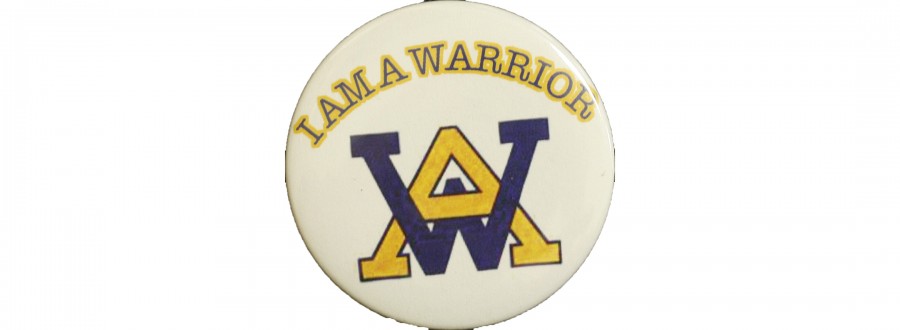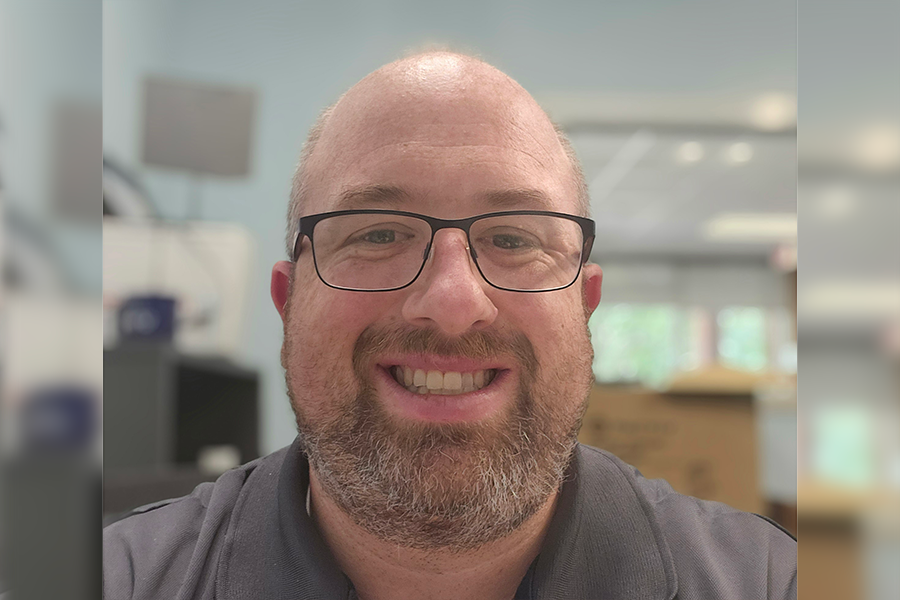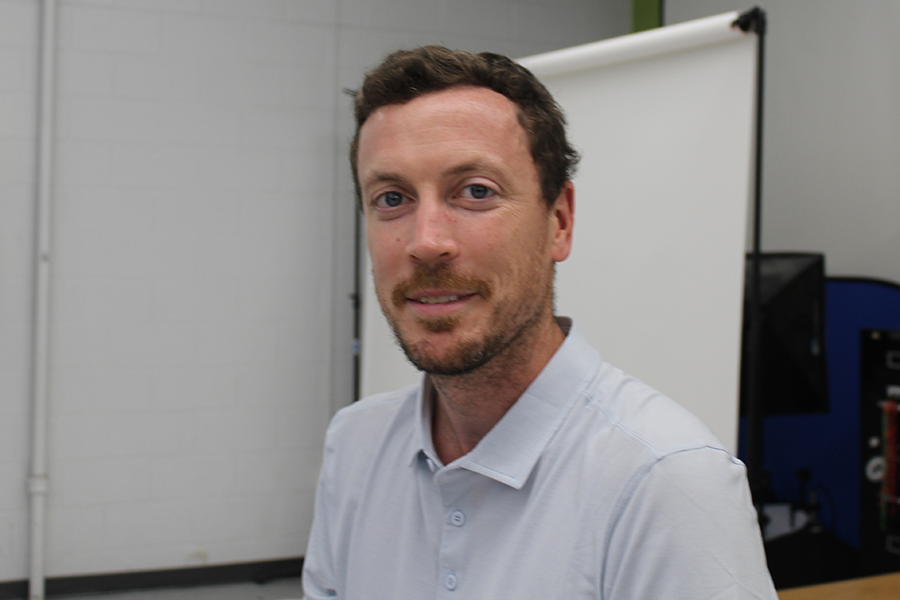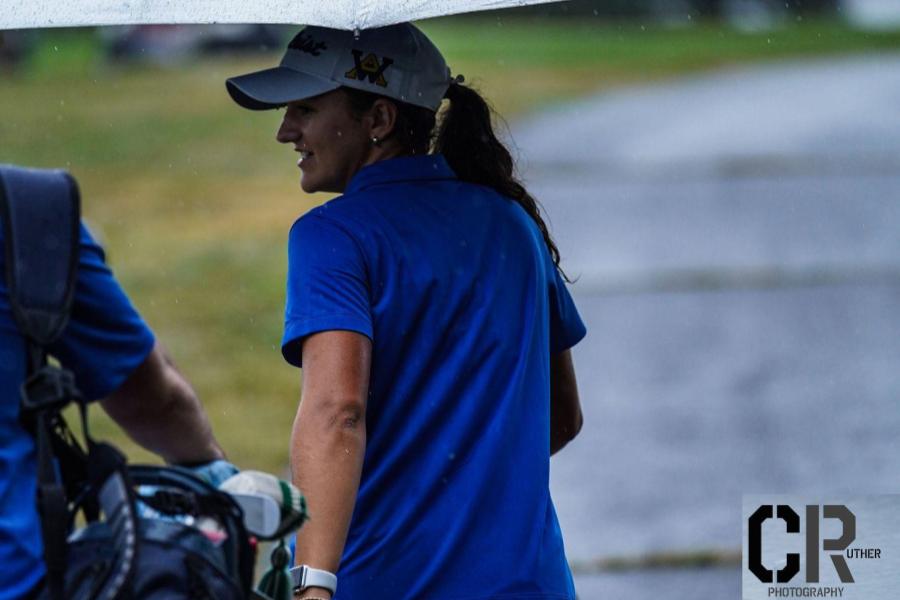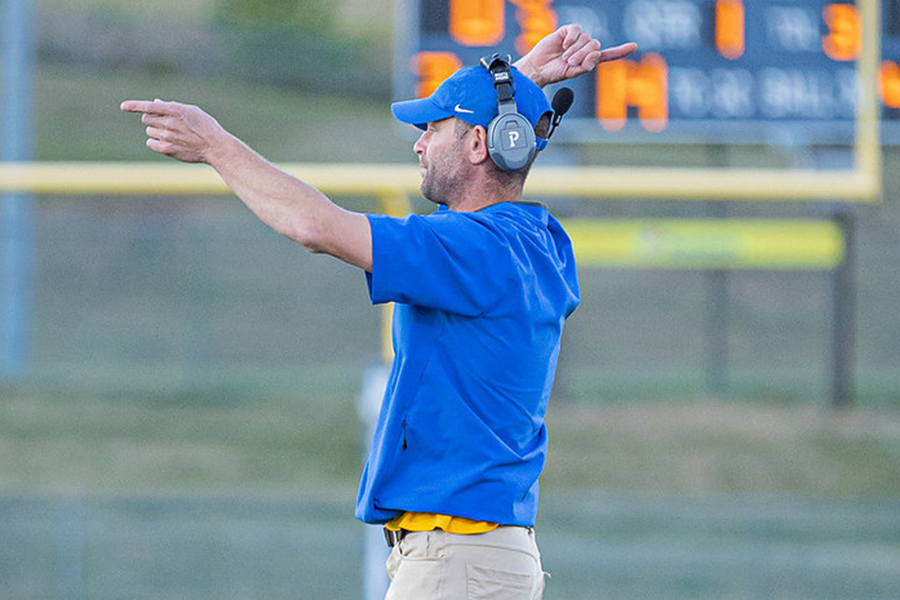But am I a Warrior?
Credit: unknown
October 17, 2014
Before I begin; pride in one’s accomplishments and a desire to constantly better one’s self are undoubtedly natural and positive qualities. Tangible results, physical realizations of hard work and talent can serve as unequivocal validations of invested time, effort, and resources. It feels good to be recognized by high scores, championships, and the like. Our high school has an abundance of opportunities for students to push themselves in many capacities, and for this we should be thankful. I can only imagine the joy it brings to faculty and administration to see so many students rewarded in their endeavors.
The following is not meant to belittle these accomplishments nor the satisfaction that they can evoke; it is simply a suggested revision of the message, relayed in the class meeting at the onset of each year, in what has come to be known as the “Tradition Speech”. I am not suggesting that it be removed altogether, but perhaps the message needs to be more inclusive.
The premise for the speech is simple: Western Albemarle is the best high school, as demonstrated by our decorated sports history and exemplary testing scores (along with success in other scholastic programs). As follows, the students that attend the school are also the best. However well-intended, the logic here is faulty. To walk through Western does not make you superior, nor does it make you inherently different from a student at Monticello, Albemarle, or Charlottesville High School. The record of your football team does not define you. The school’s SAT average does not define you. The number of dusty trophies on a forgotten shelf in the hallway trophies does not define you. Our student body is made up of so much more than these statistics, as are the student bodies of every high school. To rank them based on this limited range of data, or even to rank them at all in terms of who is the “best”, is a gross misrepresentation.
But to me, the single most troubling aspect of this speech is that in discussing all this pursuit of success and glory (if it can be termed that on the high school level), the true desires of the student are never touched upon. In this speech I am made aware of the fact that Western is a place of academic and athletic success, but is it an environment that fosters success on a personal level? With colleges, bosses, parents, and grades, for many students high school can be a time of untold pressure for traditional success. Much of this speech, unfortunately, is no different in its influence. It puts enormous emphasis on achievement in prescribed areas (receiving high test scores, winning games, etc.) and neglects those areas in which students can find individuality. There’s not a single mention to the arts program in the entirety of the speech. Is that because one cannot win in art?
Basically, we have enough people telling us what we already know. Tell us to do what we love. Because to strive for success for success’ sake is empty. Without passion, achievement is devoid of any true meaning. Including this in the speech would not necessitate memorizing any more statistics; personal fulfillment cannot be quantified quite like those test scores and championships.
There are a lot of students in this school. Not all are star athletes, and not all are geniuses. But every one is an individual with aspirations that vary wildly from one person to the next. So, please, next year, don’t miss the opportunity to tell them to follow all of these ambitions, not just those that reflect positively on the school.



